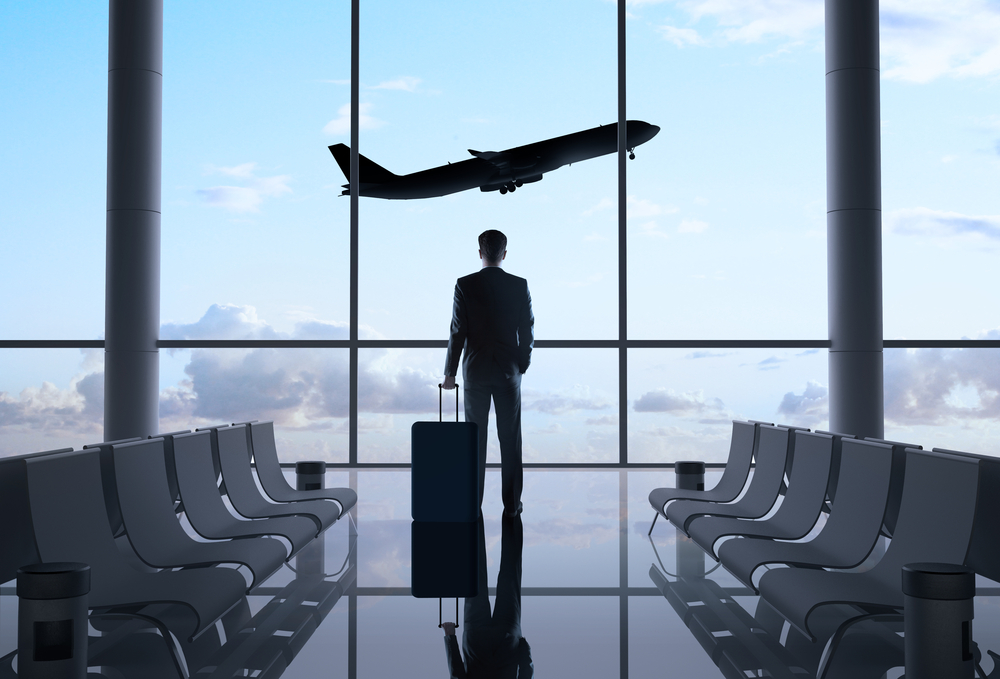Early yesterday, I wrote about American and Delta ending their interline agreement on September 15th. Yesterday, Delta issued a statement with its perspective on the situation.
Delta and American Airlines (including US Airways) will no longer have an interline ticketing and baggage agreement beginning Sept. 15. The agreement provided, among other things, the ability for carriers to rebook their own customers on other airlines during irregular operations (IROPs).
The cancellation of the interline agreement with American also means that travel booked (primarily through travel agencies) on and after Sept. 15 can no longer include segments operated by Delta and American on the same ticket. Baggage transfers also won’t be accepted between the two carriers.
All ticket and baggage exchanges issued prior to Sept. 15 will be honored.
Interline agreements have long been an industry practice to help carriers support passengers during IROPs. These work through a standard rate that carriers agree to pay one another.
“Thanks to employees’ stellar operational performance, Delta customers enjoy an industry-leading experience. Unfortunately, we couldn’t reach an agreement with American that adequately addressed the number of IROPs customers that American transferred to us,” said Eric Phillips, Senior Vice President – Revenue Management. “In July, for example, American sent passengers to Delta for reaccommodation at a five-to-one ratio. At that rate the industry agreement was no longer mutually beneficial.”
Through employees’ efforts, Delta has run a top-tier operation for the past several years, and in 2015 has operated 91 days with 100 percent completion factor, meaning no flights were canceled. U.S. Department of Transportation statistics through July show Delta’s year-to-date completion factor at 99.3 percent.
Delta continues to have interline agreements with a number of other airlines.
Some key quotes that deserve emphasis.
“Thanks to employees’ stellar operational performance, Delta customers enjoy an industry-leading experience. Unfortunately, we couldn’t reach an agreement with American that adequately addressed the number of IROPs customers that American transferred to us,” said Eric Phillips, Senior Vice President – Revenue Management.
“In July, for example, American sent passengers to Delta for reaccommodation at a five-to-one ratio. At that rate the industry agreement was no longer mutually beneficial.”
July seems like a cute month to cherry-pick given the storms that Dallas can get. That said, living in Atlanta I know that we get our own share of severe weather. My opinion – Delta’s operating philosophy is to fly if at all possible, even if you are delayed. I don’t disagree with that, and the result is that Delta has a near miraculous completion factor overall, and especially over this summer. A key question here – Was Delta really selling seats to American at a discount rate that it otherwise would have sold? Things that make you go hmmmm?
In the end, I don’t expect to be impacted by this. Delta has a lot of flights in most markets I travel in, and frankly, it’s been years since I was routed off one airline and to another…ironically from American to United. Still, it’s regrettable that air travelers are ultimately the ones the lose in this little tiff, especially if you are flying in smaller “spoke” markets where there are fewer options. Hopefully this will work itself out over time. If it becomes a problem for many, it will start to get attention.
-MJ, September 12, 2015









“Was Delta really selling seats to American at a discount rate that it otherwise would have sold?”
While it may seem reasonable to say that seats at the last minute would not have been sold, there are reasons they did not sell them and would like to keep them open including:
– last minute recommendation for their own IROP passengers
– allows their own customers to standby or confirm earlier flights (same day standby)
– allows their employees to use standby travel
– some seats are actually sold at the last minute (emergency travel, when spirit cancels a flight-their customers buy walk up fares on other airlines, and many more reasons).
Airlines can’t sell 100% of every flight, they sell 85% to 90% because they need a buffer for misconnections, cancellations, delays etc. If AA is over booking their flights too much because of their operation, Delta shouldn’t have to be their backup plan. It’s a fair system when it’s 1:1 or fairly close, but 5:1 sounds extreme to me.
Thank you for commenting, Anthony. Credible points, for sure.